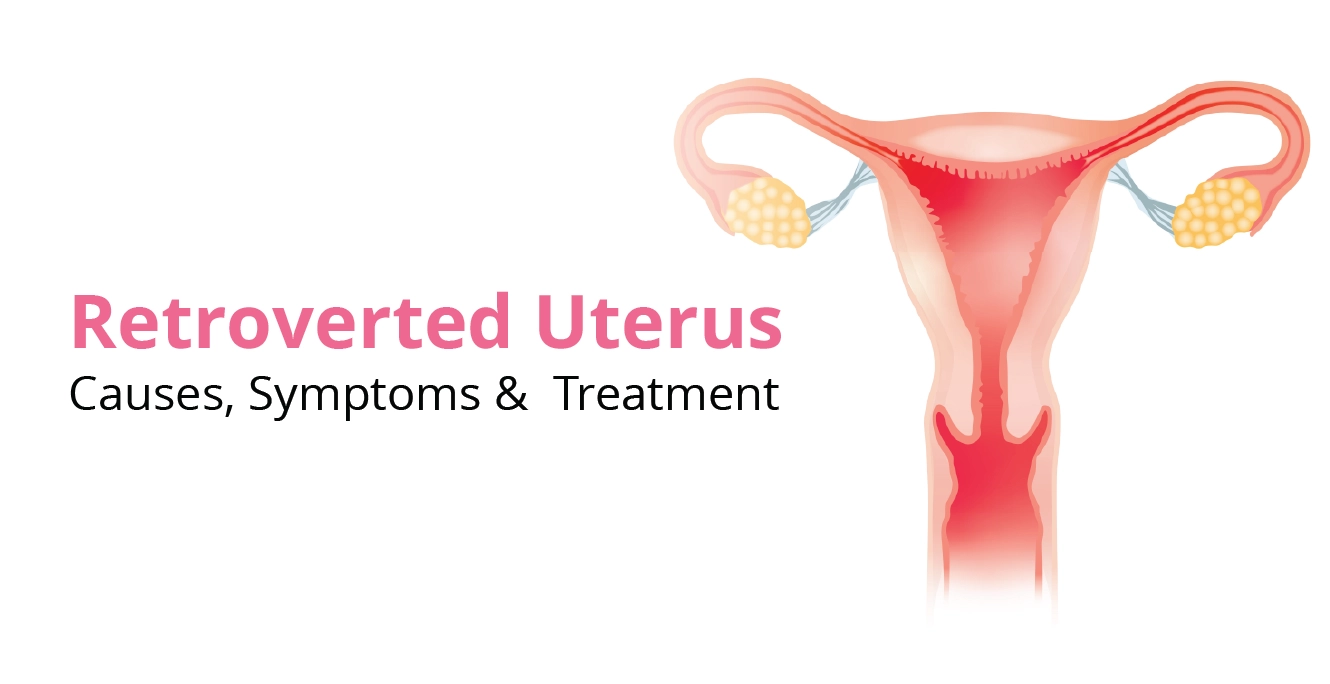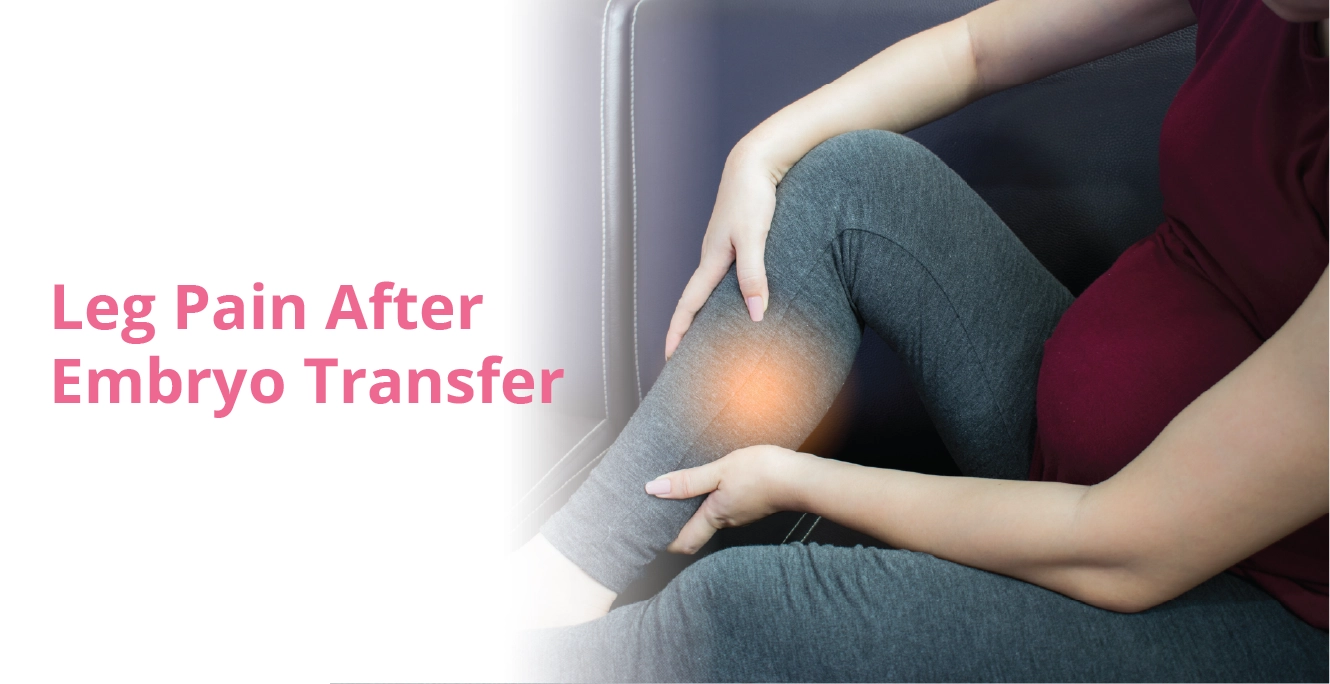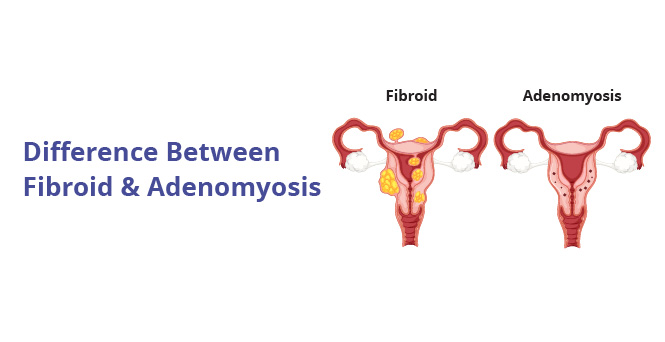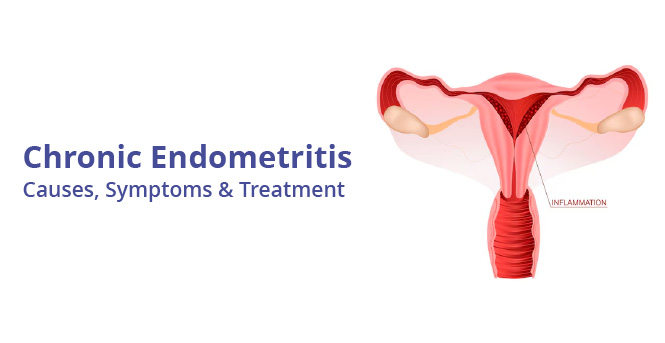
Cystic Fibrosis: Causes, Symptoms, Diagnosis, Treatment & Life Expectancy

Table of Contents
Cystic Fibrosis
Cystic fibrosis (CF) is a genetic condition where the body makes mucus that is much thicker and stickier than normal. Instead of protecting and keeping things moving smoothly, this mucus clogs important pathways in the lungs, pancreas, and intestines, making it harder to breathe and digest food properly.
The problem starts with a change, or mutation, in the CFTR gene on chromosome 7. This gene normally produces a protein that helps control the balance of salt and water in and out of cells. When the protein doesn’t work as it should, the body can’t keep mucus thin and slippery.
Because of this, the mucus becomes heavy and glue-like. It builds up in the airways, leading to lung infections, and blocks the flow of digestive enzymes from the pancreas, causing problems with nutrition and growth. CF is a lifelong condition, but with the right care, people with CF are now living much longer and healthier lives than in the past.
Interestingly, the condition is also sometimes referred to as “65 Roses cystic fibrosis”, a term that originated when children found it easier to pronounce the name. Today, it is widely used as a symbol to raise awareness about cystic fibrosis.
Symptoms of Cystic Fibrosis
Cystic fibrosis affects various organs of the body and causes a variety of symptoms, which may include the following:
- Sinusitis or sinus infections
- Nasal polyps (growths inside the nose)
- Clubbed fingers and toes
- Lung failure
- Excessive coughing, recurrent cough, or coughing up blood
- Pain in the abdomen
- Excess gas
- Liver disease
- Diabetes
- Pancreatitis (inflammation of the pancreas)
- Gallstones
- Infertility in men due to congenital anomaly
- Reduced fertility in men and women
- Wheezing or shortness of breath
- Lung infections
- Nasal inflammation or congestion
- Greasy stools
- Strong-odour stools
- Constipation or diarrhoea
- Skin that tastes or feels salty
Complications of Cystic Fibrosis
Cystic fibrosis can affect any organ in the body. The complications may vary from one person to another based on the severity of cystic fibrosis. However, some common complications are:
- Difficulty in breathing
- Nasal polyps
- Chronic lung infection
- Intestinal blockage
- Fertility issues in men and women
- Osteoporosis (thinning of bones)
- Increased risk of diabetes
- Haemoptysis (coughing up blood)
- Liver diseases such as jaundice, gallstones, fatty liver, and cirrhosis
Causes of Cystic Fibrosis
Cystic fibrosis happens because of a change (mutation) in the CFTR gene on chromosome 7. This gene makes a protein that controls the flow of salt and water in and out of our cells. When the gene is faulty, the protein doesn’t work the way it should. As a result, the body makes mucus that is thick and sticky instead of thin and slippery.
CF is an inherited condition, which means it is passed down from parents to children. To actually have cystic fibrosis, a child needs to get two faulty copies of the gene – one from the mother and one from the father.
If a person only gets one faulty copy, they won’t have cystic fibrosis themselves, but they are called a carrier. Carriers don’t usually have symptoms, but they can pass the faulty gene on to their children. When two carriers have a child, there is:
- A 25% chance the child will have CF,
- A 50% chance the child will be a carrier, and
- A 25% chance the child will be completely unaffected.
Diagnosis of Cystic Fibrosis
Different screening tests are used to diagnose this disorder. A cystic fibrosis diagnosis can be made at birth or during childhood.
The diagnostic tests used to check for cystic fibrosis include:
- Newborn screening – A few drops of blood taken from a baby’s heel are tested soon after birth to check for signs of cystic fibrosis.
- Sweat test – This is the most common test. It measures the amount of chloride (salt) in sweat. Higher levels usually indicate cystic fibrosis.
- Genetic testing – A blood sample is analyzed to look for mutations in the CFTR gene, which cause cystic fibrosis. Genetic tests can also identify carriers, are recommended if there is a family history of CF, and are sometimes used for prenatal testing.
- Chest X-ray (cystic fibrosis radiology)– Helps doctors see lung changes linked to CF, especially when combined with other tests.
- Sinus X-ray (cystic fibrosis radiology)– Can detect sinus infections or blockages that are common in people with CF.
- Lung function test (spirometry) – Measures how well the lungs are working and how much air a person can breathe in and out.
- Sputum culture – A sample of mucus or saliva is tested for bacteria that typically infect the lungs of people with CF.
Treatment of Cystic Fibrosis
There is no known cure for cystic fibrosis. However, symptoms can be managed and reduced.
Cystic fibrosis treatment is directed at affected systems (lungs/respiratory tract, intestines/digestion).
Management of respiratory problems
- Breathing techniques
- Chest physiotherapy to drain mucus
- Regular exercise to mobilise mucus
- Mucus-thinning medications
- Antibiotics for infections
- Anti-inflammatory medication
Management of digestive problems
- Nutritious, conscious diet
- Pancreatic enzyme replacement
- Vitamin supplementation
- Treating intestinal blockages
Surgeries
- Nasal/sinus surgery
- Bowel surgery for blockages
- Lung or liver transplant in advanced disease
Fertility treatments
Cystic fibrosis can reduce fertility in men and women due to thickened mucus affecting reproductive tracts. Some men are born without the vas deferens; fertility treatment may be needed.
Cystic Fibrosis Life Expectancy
People with cystic fibrosis are now living much longer than before. Earlier, most people lived only into their 30s or 40s, but with new treatments and better care, many are now expected to live into their 50s and even 60s. In fact, babies born with CF today have a median life expectancy of around 65 years.
Conclusion
If you have cystic fibrosis, see a specialist early and begin appropriate management.
Treatment focuses on keeping airways open, managing digestion, and relieving blockages to reduce discomfort.
For reproductive and fertility concerns, consult a gynaecologist or fertility specialist.
FAQs
1. What is one of the first signs of cystic fibrosis?
A salty taste on the skin is a common early sign of cystic fibrosis.
2. Can cystic fibrosis be cured?
There is no cure for cystic fibrosis, but symptoms can be managed and treated.
3. How painful is cystic fibrosis?
Cystic fibrosis isn’t always painful, but severe coughing can be excruciating, sometimes leading to haemoptysis or lung collapse. Pancreatitis can cause severe abdominal pain; very thick stools may cause rectal pain or prolapse.
4. How is cystic fibrosis detected?
Cystic fibrosis is detected using a combination of tests – chest X-ray, sweat chloride test, genetic testing, and assessments of affected organs.
5. Is cystic fibrosis autosomal dominant?
No, cystic fibrosis is not autosomal dominant. It is an autosomal recessive disorder.
Our Fertility Specialists
Related Blogs
To know more
Birla Fertility & IVF aims at transforming the future of fertility globally, through outstanding clinical outcomes, research, innovation and compassionate care.
Had an IVF Failure?
Talk to our fertility experts

 Our Centers
Our Centers



















